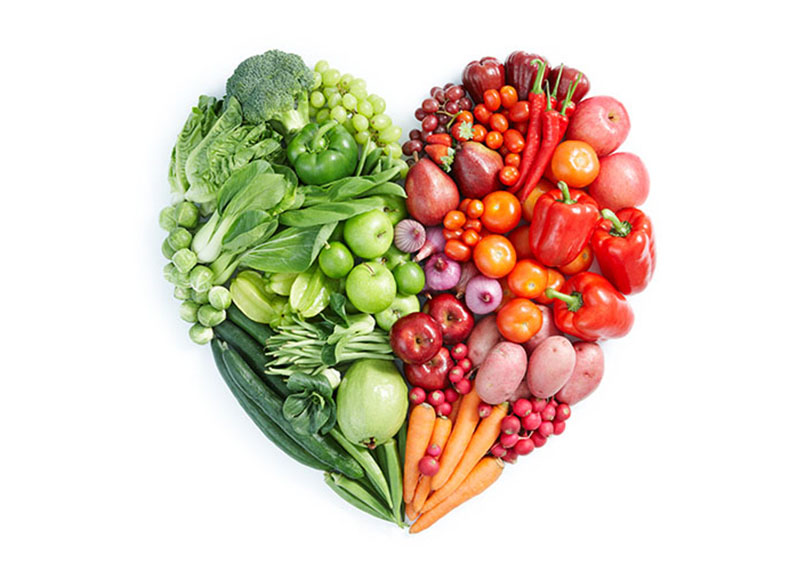
Q: What diet plan is right for me?
Learning how to maintain a healthy weight can be complicated and confusing. There’s an entire industry built around weight loss and hundreds of diets: Atkins, Paleo, South Beach, Detox Diet, and so on. Weight-loss gurus tell you what to do, but not necessarily how to do it. And, when sticking to your diet gets hard, many have no advice at all to give.
Overly specific meal plans are hard to follow. You’ll have greater success if you ditch the diet and just eat smart.
Q: What does “eating smart” mean?
Eating smart doesn’t mean you have to follow a diet. Instead, focus on a good nutrition behaviors. Start by mastering these five healthy eating habits – which, when done consistently, can become second nature over time:
1. Eat at least five servings of vegetables per day (one serving may be fruit) to aid weight loss
2. Curb hunger with one serving of lean protein (7g fat or less) at every meal
3. Control calories and cravings by drinking only water or unsweetened tea
4. Slow down when you eat and stop eating when you feel 80% full
5. Include healthy fats in your diet (e.g. nuts, avocado, olives), limit saturated fat to 15g or less per day (e.g. meat, eggs, butter, dairy) and eliminate trans fats altogether
Q: What is a healthy fat? Shouldn’t I avoid eating fat?
Understanding fats is important. We’ve been trained to keep a diet low in fat, but new research reveals that isn’t helping obesity rates at all. In acknowledgement, the USDA inverted the food pyramid. Good fats, in moderation, help manage cravings and hunger.
Q: What about carbs? Are they bad for me?
Carbohydrates have received a lot of attention, but the true culprit is sugar—both simple sugar and sugar broken down from carbohydrates. Many people don’t realize how much sugar they consume each day. Natural sugar found in fruits and other whole foods is fine, but added sugar contributes calories without any added nutritional value. Also, when sugar is consumed in excess it has been found to lead to obesity, heart disease, diabetes and other chronic diseases.
Start reading nutrition labels more closely to get a sense of how much sugar you consume on a regular basis and see what you can do to minimize your daily intake.
Q: What about sodium/salt?
Too much sodium in your diet can lead to high blood pressure and life-threatening diseases.
Q: This seems like a lot… where do I start?
It’s difficult to be successful when you’re trying to incorporate many new healthy habits at once. So, pick one area of your diet and focus your energy there. I recommend that everyone try to set aside an hour each week for meal preparation. Plan each meal, clean and chop vegetables in advance, and brainstorm three “emergency” meals to grab on the go: a smoothie, tuna fish salad, an omelet or two eggs with added egg whites and a side of fruit. The time savings and convenience during the week will help you keep from reaching for unhealthy comfort foods.
How your body metabolizes food is unique to you. Pay attention to foods which seem to make you feel more energetic or sluggish, or cause negative reactions (breakouts, bloating, headaches, weight gain) and fine-tune your food choices.
Stay the course. Cravings can be physiological or behavioral. It’s important to recognize the meaning behind cravings and implement strategies to combat them. One bonus: over time, your five health habits will retrain your taste buds so that some cravings disappear.
For more information about eating healthy, visit valleymed.org/EatSmart.

